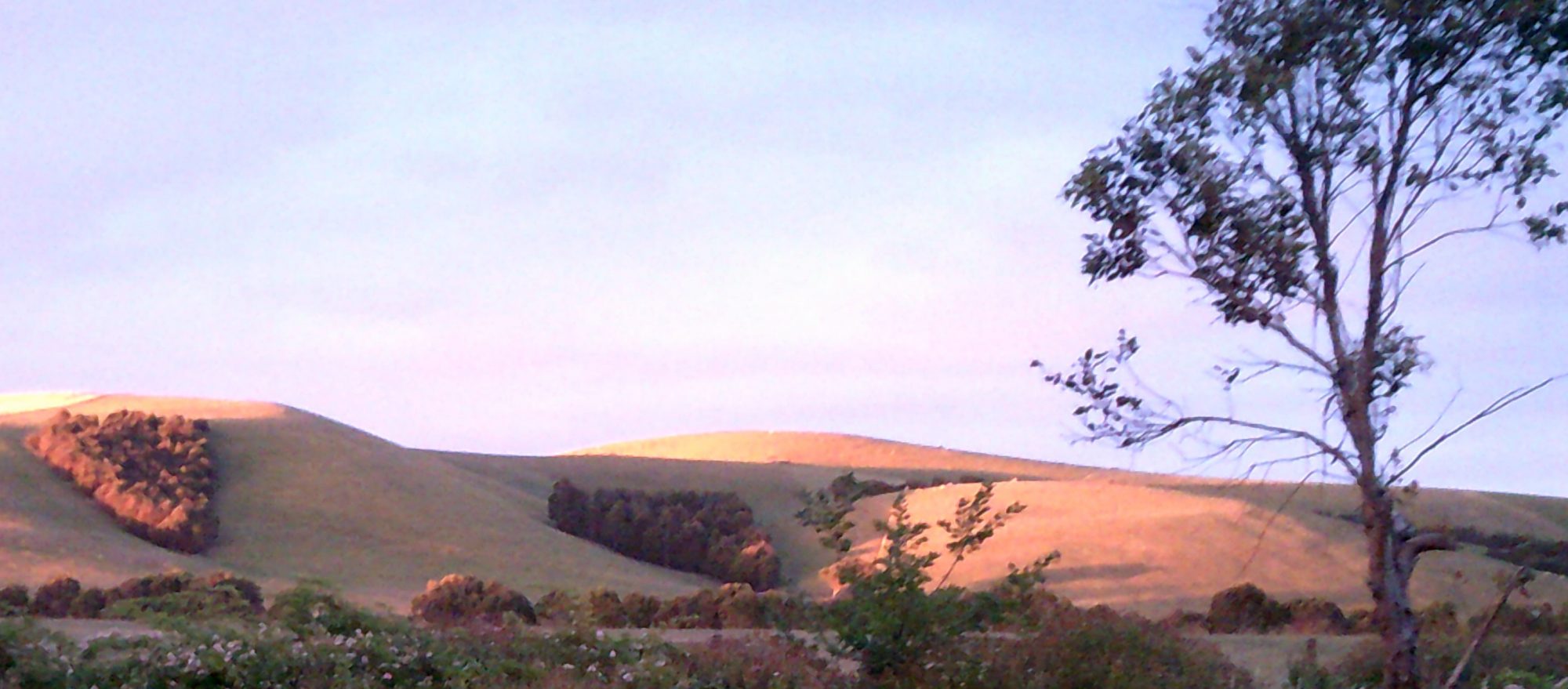My story:
“I Was in Fourth Grade When My Classroom Disappeared”
A Rohingya Youth’s Reflection on Education in Exile
By Anower Solim
I still remember the classroom I left behind. I was in Grade 4 in Maungdaw, sitting near the window of our village school, quietly dreaming of one day becoming a teacher. But dreams, for Rohingya children like me are fragile things.
In 2017, everything changed. Violence, fear and flames forced my family to flee our home in Myanmar. Like thousands of other families, we crossed the border into Bangladesh with almost nothing: no books, no papers, no idea what the future would hold.
I lost my classroom that year. And for a long time, I thought I had lost my chance to learn too.
Even Before the Camps, Doors Were Already Closing
Many people don’t realize that our exclusion from education didn’t start in the camps. It started long before inside Myanmar.
Before 2012, some Rohingya students could complete high school but almost no one could go further. After 2012, the restrictions tightened even more. Rohingya were banned from public universities. Many of our schools were closed or burned. Our teachers were pushed out and we were not allowed to travel freely to other areas to continue our studies.
Even brilliant students, those who dreamed of becoming doctors, engineers, or public leaders were left with nothing but their dreams and disappointment.
I was too young then to fully understand what was being taken from us. But by the time I arrived in the refugee camps, I knew what I had lost.
Learning in Pieces, Teaching Myself by Moonlight
When I first arrived in Cox’s Bazar, I believed naively that school would start again soon. A few months maybe. But months turned into years.
I didn’t attend formal school again. Instead, I studied through scattered opportunities: elders in the community would sometimes teach children under plastic tarps. I attended short, basic lessons in NGO-run learning centers. But they were only for children under age 14 and I was quickly growing too old to be included.
So I turned to what I had myself.
I borrowed books. I watched YouTube lessons on shared mobile phones. I studied English, history and science late into the night under the dim light of a solar-powered bulb. With no electricity, no desk and no teacher, I kept learning anyway.
That’s how many Rohingya youth survive through self-study, resilience, and hope. But I always wondered: was there a path beyond this? Or would I remain forever a student without a school?
A Glimmer of Hope: RhEAP and a Way Forward
In 2023, something changed.
I was selected to join the Refugee Higher Education Access Program (RhEAP) run by BRAC University’s Center for Peace and Justice. It was part of a broader partnership with the Open Society University Network (OSUN).
For the first time in years, I had structure. I had teachers. I had classmates. I had a reason to believe that my education mattered.
In 2024, I graduated from this program, a moment I never imagined would come. Alongside that, I completed technical training in ICT, human rights and photography. I also became involved with Rohingyatographer where I document stories from within our community. And I co-founded the Rohingya Empowerment Network (REN) to support youth like myself.
But while I’m proud of these steps, I also know how rare this opportunity is. And it shouldn’t be.
What’s Still Missing: The Bigger Picture
Right now, the education system for Rohingya in the camps remains broken. Yes, some children can attend learning centers. Yes, there are pilot programs for the Myanmar curriculum. But they stop at Grade 9. They’re not accredited. And without recognition or certification, our learning doesn’t count.
Vocational training is limited. Access to secondary education is nearly nonexistent. And even though many of us are fluent in Bengali, we are excluded from the national curriculum of Bangladesh. Refugee students are not allowed to take national exams, earn certificates, or work legally.
What does that mean for the future? It means another generation risks being locked out of jobs, of opportunity, of dignity.
What We Need And What You Can Help Us Advocate For
Education is not just about learning. It’s about belonging. It’s about having the right to shape your life and contribute to your community.
Here’s what could truly change things:
- Recognition – Certify the Myanmar curriculum and LCFA up to Grade 12 so we can graduate and move forward.
- Expansion – Build real secondary schools and vocational centers inside the camps.
- Integration – Introduce bilingual options that include Bangla and help us connect with the host society.
- Higher Education – Fund more programs like RhEAP that allow driven students to reach their full potential.
- Teacher Training – Support refugee teachers with proper certification and professional development.
- Legal Access – Allow us the right to work, learn, and contribute meaningfully.
- Long-Term Funding – Move beyond emergency responses toward sustained investment in our education.
A Final Word: For the Boy Still Waiting
Somewhere in the camps, there’s a boy just like I was. Maybe he’s sitting cross-legged on a bamboo mat, reading by solar light. Maybe he’s waiting for a school that hasn’t been built yet. Maybe he thinks he’s been forgotten.
I want him to know he hasn’t.
I wrote this for him and for all the Rohingya youth still holding on to their dreams. Our stories matter. Our futures matter. And with the right support, we can go far beyond what anyone ever expected of us.
Thank you Dr. Chris for sharing this space. Thank you to every reader for listening.
Let’s make sure no child has to wonder if they’ll ever see the inside of a classroom again.
Anower Solim is a Rohingya youth leader, co-founder of the Rohingya Empowerment Network, and a graduate of the RhEAP program at BRAC University’s Center for Peace and Justice. He is also a contributor to Rohingyatographer and an advocate for education in displacement.


 A note from the author:
A note from the author: